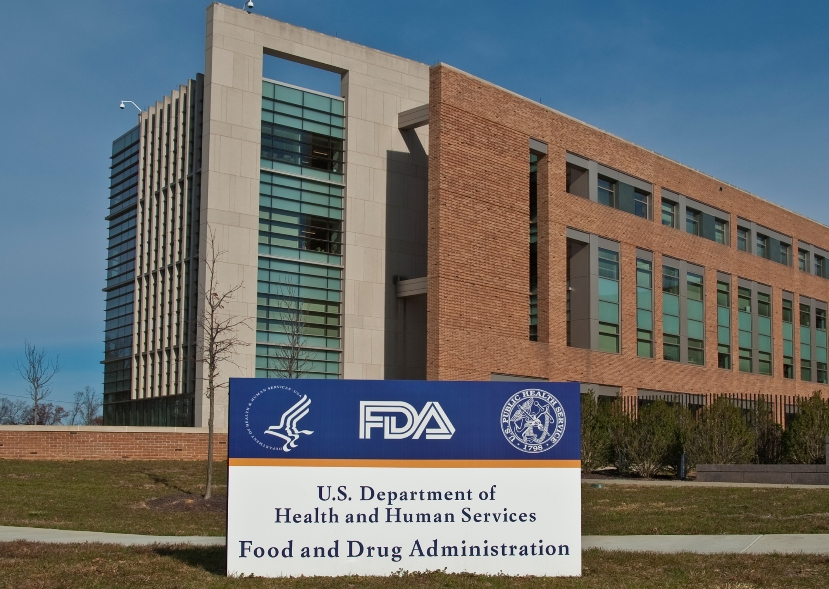
The Centers for Disease Control and Prevention (CDC) recently released data that showed a total of 623,343 adverse events reported to the Vaccine Adverse Event Reporting System (VAERS) from December 14, 2020, to August 20, 2021, including 13,627 deaths.
Of 6,128 U.S. deaths reported as of August 20, 13 percent occurred within 24 hours of vaccination and 18 percent within 48 hours. Around 32 percent also experienced an onset of symptoms within 48 hours of being vaccinated.
The data came directly from reports submitted to VAERS, the government-funded system for reporting adverse reactions from vaccines in the U.S.
Critics blast FDA for full approval of Pfizer vaccine
On August 23, the Food and Drug Administration (FDA) granted full approval of Pfizer's vaccine for individuals 16 years and older without allowing public discussion or holding a formal advisory committee meeting on the matter. The first COVID vaccine approved by the FDA, Pfizer, is expected to open doors to more vaccine mandates by universities and employers.
Pfizer's vaccine approval was the fastest in FDA's history, coming in less than four months after the company filed for licensing on May 7. Transparency advocates criticized the FDA decision not to hold a formal advisory meeting to discuss the application for full approval. This is supposed to be an important factor in scrutinizing data.
Last year, the FDA said that it was committed to using an advisory committee of independent experts to ensure that deliberations about authorization or licensing remain transparent to the public. However, a recent statement said that the agency did not believe such a meeting was necessary ahead of the expected full approval.
Kim Witczak, a drug safety advocate and a consumer advocate of the FDA's Psychopharmacologic Drugs Advisory Committee, said that it's concerning how the FDA gave full approval based only on six months' worth of data despite clinical trials designed for two years. There was also no control group after Pfizer offered the product to placebo participants before the trials were completed. (Related: Pfizer's vaccine studies are based on FRAUD and put lives in danger, warns former Pfizer vice president.)
Questions were raised regarding the FDA approval letter as there are two critical facts buried in its fine print which can affect whether or not the vaccine can be mandated and whether Pfizer can be held liable for injuries, say Children's Health Defense Chairman Robert F. Kennedy Jr., and Dr. Meryl Nass.
Kennedy and Nass accused the FDA of pulling a "bait and switch" on the public, saying that the agency acknowledged that while Pfizer has insufficient stocks of the newly licensed vaccine available, there is still a significant amount of the Pfizer-BioNTech COVID vaccine, which was produced under Emergency Use Authorization, that is still available for use.
According to the papers, the FDA said that the Pfizer-BioNTech vaccine should remain unlicensed; however, it can be used "interchangeably" with the newly licensed product.
The second point of concern was that the FDA said the licensed vaccine and the existing EUA version are "legally distinct," but their differences do not "impact safety or effectiveness."
For the moment, the approved Pfizer vaccine has no liability shield. Vials of the branded product, marked "Comirnaty" on the label, are subject to the same product liability laws as other U.S. products. "Pfizer is therefore unlikely to allow any American to take a Comirnaty vaccine until it can somehow arrange immunity for this product," they added.
Senator Ron Johnson (R-Wisconsin) also raised a similar concern regarding the agency's approval of the vaccine to the FDA. He raised why the agency did not grant full licensure for the Pfizer-BioNTech vaccine already in use and available in the U.S. and how the agency will ensure that those being vaccinated under mandates will receive the correct FDA-approved dose.
There had been no comments from the FDA and the CDC regarding the matter.
Get more news and updates at Pandemic.news.
Sources include:
Please contact us for more information.




















